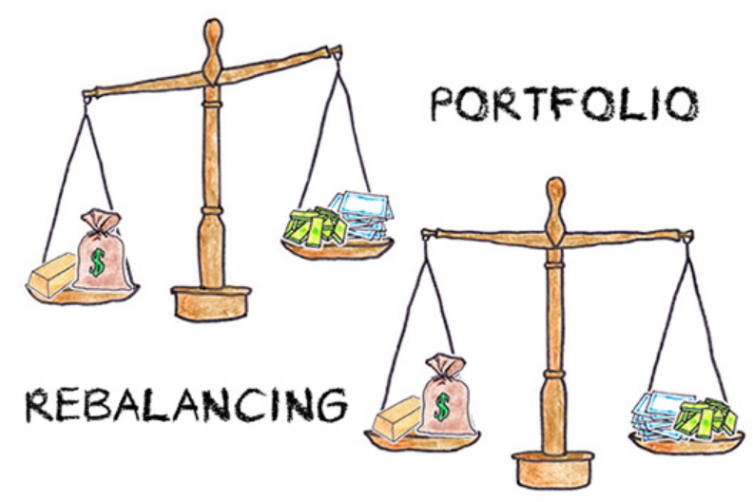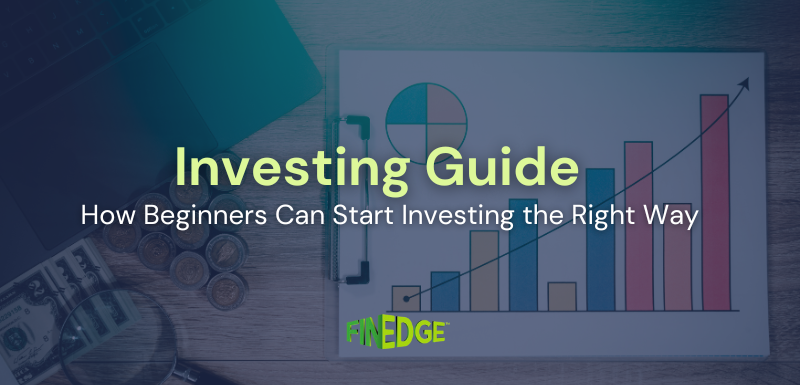5 Reasons Why You Should Occasionally Review Your Portfolio

Enamoured by AMFI’s impactful “Mutual Funds Sahi Hai” campaign, new investors flocked to Mutual Funds in droves between 2015 and 2018. As first timers, many of these investors are unaware about the importance of regularly having their portfolios reviewed by a professional Financial Advisor.
Enamoured by AMFI’s impactful “Mutual Funds Sahi Hai” campaign, new investors flocked to Mutual Funds in droves between 2015 and 2018. As first timers, many of these investors are unaware about the importance of regularly having their portfolios reviewed by a professional Financial Advisor. Although excessive churning is definitely a suboptimal strategy, complete inaction isn’t the way to go either. Revisiting your portfolio once a year is critical, and here are five reasons why portfolio is important for you.
Why Mutual Fund Portfolio Review Is Important ?
Below are the 5 reasons why you should review your portfolio.
Weeds Out Underperformers
Sometimes, funds that were performing well previously become non performers over time. This could be due to a fund crossing a certain critical size threshold, a change in guard at the fund management team, or any other reason. An occasional rebalance will help weed out these underperformers from your portfolio.
Prevents Portfolio Clutter
Investors often have the habit of putting in small sums of money into NFO’s (New Fund Offers) or starting SIP’s or STP’s in many different funds. Over time, this can clutter their portfolios and lead to overdiversification. A periodic rebalance will result in a reduction in the number of active funds and folios, thereby making the portfolio neat and clean.
Realigns Portfolio to Your Risk Profile
Sometimes, market movements will throw your portfolio out of sync with your risk profile and consequent target asset allocation. For example, your ideal equity to debt ratio may be 80:20, but a sudden surge in the market could increase the prices of your equity assets and take your asset allocation to 90:10 automatically. In such a scenario, your Financial Advisor could advise you to book some profits to bring you back to your previously targeted allocation.
Helps You Take Advantage of Thematic Opportunities
Sometimes, thematic opportunities present themselves. For instance, small caps may have corrected heavily and be showing promising growth. A sector such as banking may be showing an above normal scope for future growth, due to the clean up in their balance sheets. A regular review will allow your Financial Advisor to add these “booster shots” to your portfolio on occasion, and could result in a better portfolio performance.
Re-commits You to Your Goals
Most importantly, a portfolio review is the most opportune time to review your goals too. After all, what is money but a means to an end? During a portfolio review, your Financial Advisor and you can revisit your important goals together to check if anything has changed, and whether any asset allocation changes need to be made in lieu of either newly added goals or goals whose target dates are within sights.
Your Investing Experts
Relevant Articles
Beginner Investing Guide: How to Start Investing the Right Way
Investing for beginners can feel both exciting and overwhelming. With constant news about markets, social media opinions, and stories of quick gains, first-time investors often struggle to separate what truly matters from what is simply noise.
How to Save More From Everyday Expenses and Invest More Consistently
Spending smarter, timing purchases better, and being intentional with recurring expenses can create a steady surplus that can be channelled into long-term investments.
Rupee Falling? How to Protect and Grow Your Investments
When the rupee weakens, it often creates anxiety for investors. But currency depreciation is not an anomaly; it is a recurring phase in every long-term economic cycle. The real question is not whether the rupee will fall, but how investors should respond to it without derailing their long-term financial goals.
.png)


